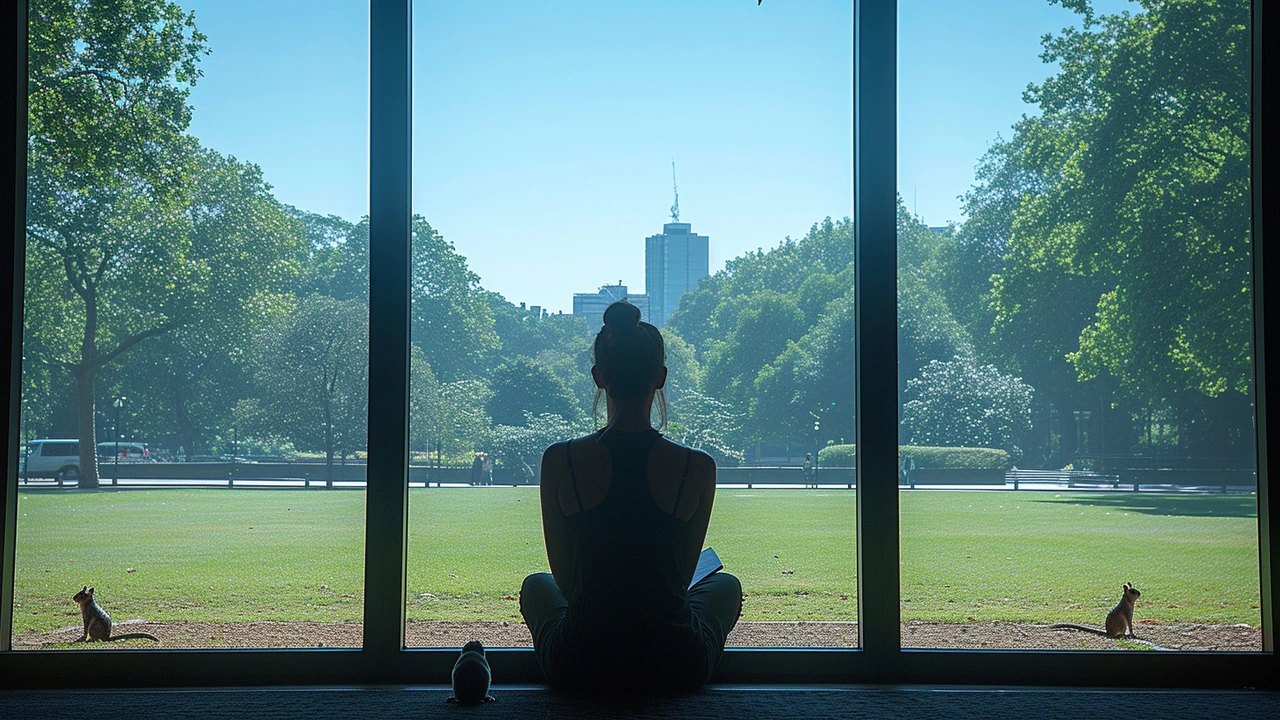Mental Wellness Strategies: Simple daily habits that actually help
You don’t need big changes to feel steadier. Small, consistent habits move your mood, attention, and stress up or down. Pick two easy practices from below and use them for three weeks—most people notice clearer thinking and less reactivity within days.
Quick daily practices you can do anywhere
1) Box breathing (2–5 minutes): inhale for four, hold four, exhale four, hold four. It slows your heart rate and cuts panic fast. Use it before a meeting, after bad news, or when your mind races.
2) A two-minute gratitude check: name three small things you noticed today (a warm cup, a kind message, a clear sky). Writing them down trains your brain to spot positives without denying hard feelings.
3) Micro-movement breaks: get up and move for 5–10 minutes every 60–90 minutes. A brisk walk, gentle stretches, or dancing to one song resets your focus and eases tension.
4) Single-task zone: for 25 minutes, turn off notifications and do one thing. Use a timer. You’ll get more done and feel less scattered.
Build resilience with simple lifestyle habits
Sleep matters more than willpower. Aim for a consistent bedtime, dim lights an hour before sleep, and keep screens away from the bedroom. Even shifting your wake time by 30 minutes can improve mood and clarity.
Move in ways you enjoy. Cardio, yoga, or even a 20-minute walk raise mood chemicals and lower anxiety. If you hate gyms, try a short home routine, a park walk, or a dance break—consistency beats intensity.
Food affects your mind. Stable meals with protein, fiber, and healthy fats help mood and focus. If stress makes you reach for sugar, pack simple snacks (nuts, yogurt, fruit) so cravings don’t steer decisions.
Use creative outlets. Scribbling, playing a song, or cooking without following a recipe helps process feelings without words. Creative practice is a low-pressure way to notice emotions and drop tension.
Schedule a weekly social check-in. Strong relationships act as a stress buffer. Call one friend, join a class, or meet a neighbor for coffee. Small social steps add up.
If worry or low mood lasts more than a few weeks, talk to a professional. Therapy and targeted treatments are practical tools, not last resorts.
Start small: pick two practices—one quick daily tool and one lifestyle habit—and stick with them for three weeks. Track what changes. Mental wellness isn’t a single trick; it’s a mix of tiny choices that, together, make you calmer, clearer, and more in control.
Overcoming Health Anxiety: A Journey to Well-Being and Peace of Mind
Hey everyone, it's your friend here, sharing my personal journey on how I'm fighting to break free from the powerful hold of health anxiety. You know, it's that relentless worry about your health that just doesn't let go, even when you're doing alright. I've been on this tough path, trying out different strategies and methods to regain control over my thoughts and my life. I'm telling you, it's been quite the ride! And now, I really want to open up and talk about the insights and the breakthroughs I've had, hoping it could light the way for others who are struggling too. Let's tackle this together, and I promise, we'll get to a place where our health concerns stop controlling us!
View More





